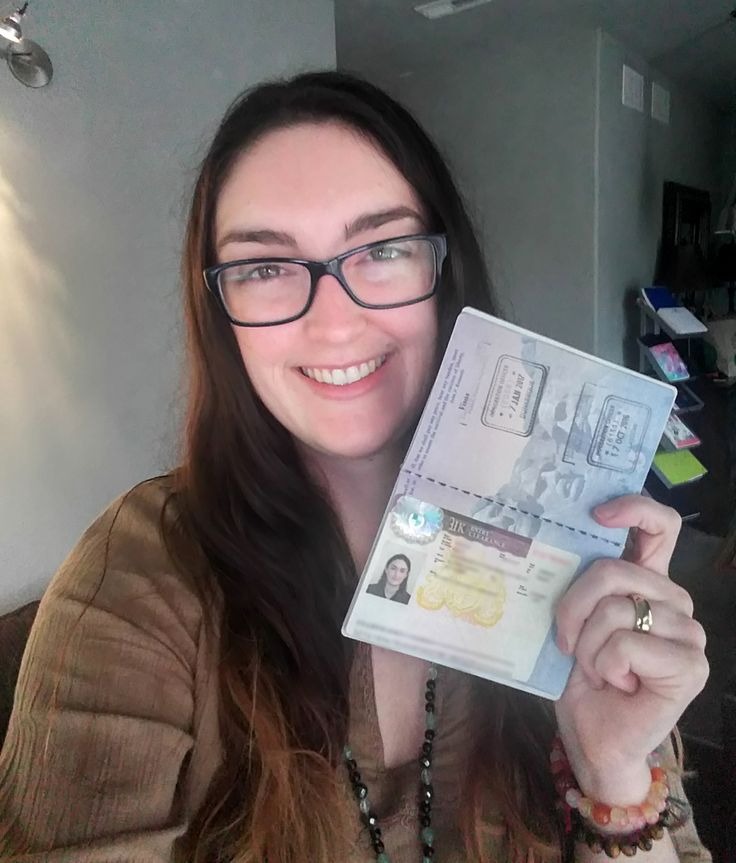How to Appeal a denied Spousal Visa to Canada
A spousal visa denial can be a frustrating and emotional experience for couples, especially when one partner is looking to join their spouse in Canada. The Canadian immigration process can sometimes be complex, and a refusal may occur for various reasons.
However, all is not lost when a spousal visa is denied. Canada’s immigration system provides a path for appealing such decisions, but understanding the process and knowing how to proceed can help increase your chances of a successful outcome.
Results
#1. What is your primary reason for considering a marriage visa?
#2. Do you know which documents are required for a marriage visa application?
#3. How soon are you planning to apply for a marriage visa?
#4. Are you aware of the benefits a marriage visa provides?
#5. Which challenge do you think is the hardest part of applying for a marriage visa?
#6. What support would be most helpful to you during the application process?
This article outlines the steps to take when appealing a denied spousal visa to Canada, common reasons for denials, and frequently asked questions about the appeal process. Additionally, we will provide a summary table outlining the key steps for your convenience.
Common Reasons for Spousal Visa Denial
Before diving into the appeal process, it’s essential to understand why your spousal visa may have been denied. Some common reasons for refusal include:
1. Inadequate Proof of Relationship
Immigration authorities require convincing evidence that the relationship between the sponsor and the applicant is genuine. If the officer feels that the relationship is not authentic or if the couple cannot provide sufficient documentation, the application may be denied.
2. Insufficient Financial Support
The sponsor in Canada must meet specific financial requirements to show that they can support their spouse without the spouse becoming a burden on the Canadian social assistance system. If the sponsor’s income is below the required threshold, the visa may be denied.
3. Incomplete or Incorrect Application
Even minor errors in the application form or failure to submit required documents can lead to delays or refusals. This could include missing police certificates, medical exams, or financial documents.
4. Criminal Record
If the applicant has a criminal record, it could lead to denial of the visa. Criminal inadmissibility is a serious issue, and applicants may need to seek a criminal rehabilitation process before being eligible for a visa.
5. Health and Medical Issues
If the applicant has a medical condition that may pose a risk to public health or place excessive demand on Canadian healthcare services, the visa could be refused. Applicants must undergo a medical exam as part of the application process.
6. Misrepresentation or Fraud
Misrepresentation, whether intentional or accidental, is a severe issue in immigration applications. If the authorities find that the applicant or sponsor has provided false or misleading information, it can lead to the visa being refused and possibly even a ban from entering Canada for several years.
Steps to Appeal a Denied Spousal Visa
Appealing a denied spousal visa to Canada requires a thorough understanding of the legal process and the correct steps to take. Below is a guide on how to appeal a decision and the steps involved.
Step 1: Review the Refusal Letter
After receiving the refusal letter, carefully read the reasons provided for the denial. The letter will detail why your spousal visa was rejected. Understanding these reasons is crucial in preparing for an appeal.
Step 2: Determine the Appeal Option
There are generally two routes to appeal a spousal visa denial:
- Federal Court Appeal: If the refusal was based on an error of law (for example, the officer did not follow the proper process or ignored key evidence), you can file an appeal with the Federal Court of Canada.
- Reconsideration Request to Immigration, Refugees and Citizenship Canada (IRCC): In some cases, applicants can request reconsideration by the IRCC if they can provide new information that was not available at the time of the initial decision.
Step 3: Prepare Your Appeal Package
Depending on the appeal route, you’ll need to gather all necessary documents to support your case. This may include:
- New Evidence: Any documents or evidence that were not submitted with the original application but that may help prove your case. This could include additional proof of relationship, updated financial information, or medical documents.
- Legal Arguments: If you are appealing to the Federal Court, you may need legal representation to file a formal appeal and prepare the necessary documents, including legal arguments about why the decision was wrong.
SEE ALSO:
Health Insurance Cost for Immigrants in Canada
How much do Spousal Immigration Lawyers charge in Canada
Eligibility for Spouse Sponsorship to Canada
Step 4: File the Appeal
Federal Court Appeal: For a Federal Court appeal, you must file the appeal within 15 days of receiving the refusal notice.
This process typically involves filing a Notice of Application with the Federal Court and submitting all relevant documents. You will also need to pay the appropriate fee for the appeal.
Reconsideration Request to IRCC: A reconsideration request can be submitted by contacting IRCC. This should be done as soon as possible after receiving the denial, and you must submit compelling new evidence to support your request.
Step 5: Attend the Hearing (If Applicable)
If the appeal is made to the Federal Court, a judge will review your case, and you may be required to attend a hearing. During the hearing, you will present your evidence and argue your case for why the decision should be overturned. The court will then make a decision based on the legal merits of your case.
Step 6: Wait for the Decision
After the hearing (if applicable), you must wait for the decision. The Federal Court may either uphold the original decision, allow the appeal, or order that the application be reconsidered.
If the appeal is successful, the application will be reconsidered by Canadian immigration authorities, and a new decision will be made.
Step 7: Follow Up
If the appeal is successful, and your spousal visa is approved, you will receive instructions on how to proceed with the next steps, including how to obtain your visa and enter Canada.
If the appeal is denied, you may need to explore other options, such as applying again or seeking further legal counsel.
Table: Spousal Visa Appeal Process
Step Action
Step 1 Review the refusal letter
Step 2 Determine the appeal option
Step 3 Prepare your appeal package
Step 4 File the appeal
Step 5 Attend the hearing
Step 6 Wait for decision
Step 7 Follow up
FAQs on Spousal Visa Appeal to Canada
How long does it take to appeal a denied spousal visa to Canada?
The appeal process can take several months to over a year. Federal Court appeals may take anywhere from 6 to 12 months, depending on the complexity of the case and the court’s schedule.
What is the cost of appealing a spousal visa denial?
The filing fee for an appeal to the Federal Court of Canada is approximately CAD $50. There may also be legal fees if you choose to hire an immigration lawyer.
Can I appeal a spousal visa denial if my application was refused due to insufficient income?
Yes, you can appeal, but you will need to provide evidence that your financial situation has changed or was misinterpreted. If the refusal is due to financial reasons, you must demonstrate your ability to meet the sponsorship requirements.
Is legal representation required for a spousal visa appeal?
While legal representation is not mandatory, it is highly recommended, especially for Federal Court appeals. Immigration law can be complex, and an experienced immigration lawyer can help present your case effectively.
What happens if my appeal is unsuccessful?
If your appeal is denied, you may be able to submit a new application for a spousal visa with additional evidence. Alternatively, you may consider other options such as reapplying or seeking legal counsel for further guidance.
Can I reapply for a spousal visa instead of appealing the decision?
Yes, you can choose to reapply for a spousal visa instead of appealing the denial. However, if you reapply, it’s important to address the issues that led to the initial refusal by submitting stronger evidence or correcting any mistakes from the previous application.
You will need to start the application process from scratch and pay the fees again.
What kind of new evidence can help strengthen my appeal?
New evidence can include updated documentation that addresses the reasons for the visa denial.
For instance, if the refusal was due to insufficient proof of relationship, you could submit new photos, correspondence, affidavits from friends and family, or travel history that demonstrates your relationship is genuine.
If financial issues were the reason for denial, providing updated bank statements or a stronger financial guarantee could help.
Can I appeal if my application was denied due to a medical issue?
Yes, you can appeal a medical denial if you believe the decision was unfair or if new medical evidence is available. For example, if a medical condition was incorrectly assessed, or if you can show that your condition is no longer an issue, you can appeal.
In some cases, applicants who have been denied due to health reasons can apply for a medical inadmissibility waiver or demonstrate that they are no longer a burden on Canada’s healthcare system.
Final Thoughts
Appealing a denied spousal visa to Canada can be a challenging process, but it is not an insurmountable one. By understanding the reasons for the denial, following the appeal steps carefully, and submitting a strong case, you increase the chances of having the refusal overturned.
It’s also important to be patient, as the appeal process can take several months. Always ensure you seek professional legal advice if necessary,as a knowledgeable immigration lawyer can help guide you through the complexities of the appeal process.











